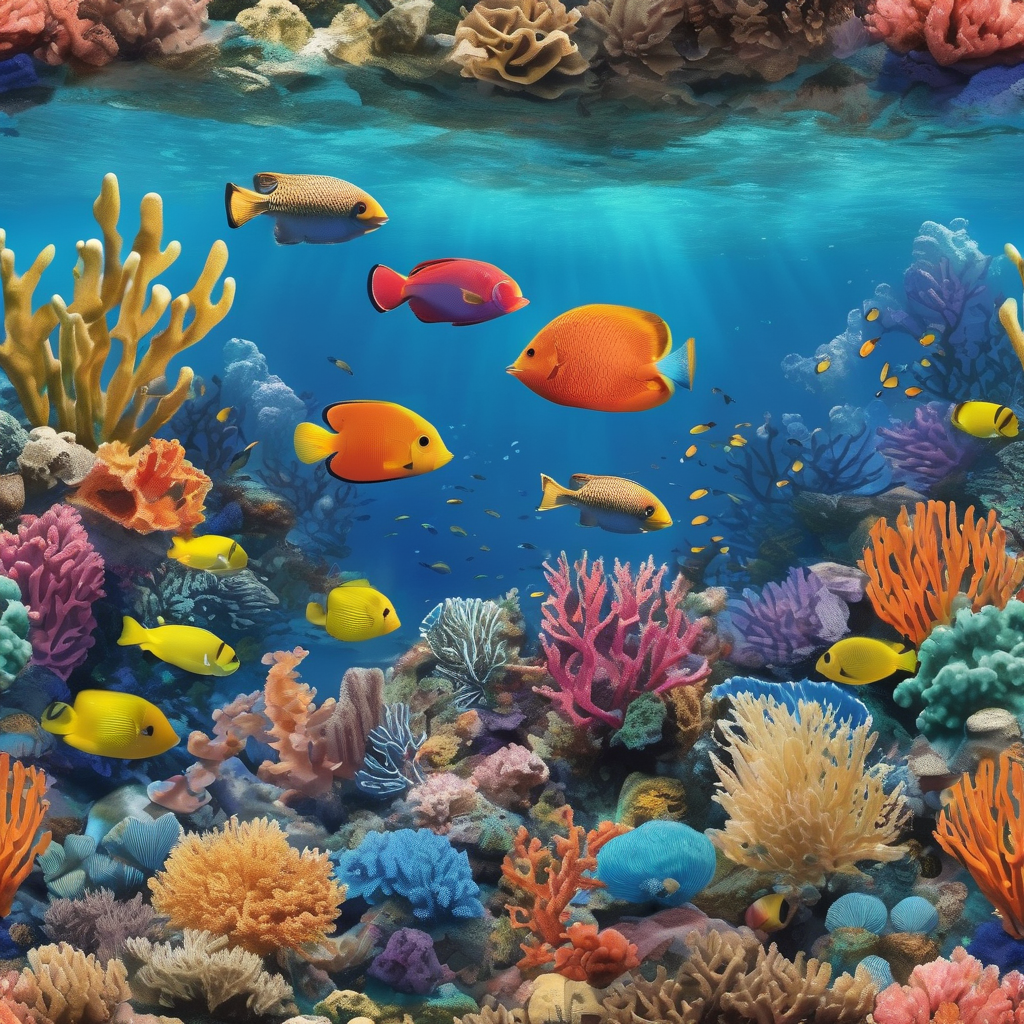A recent study has shown that Fiji’s coral reefs have demonstrated an impressive recovery following the destruction caused by Tropical Cyclone Winston, which struck in 2016. This cyclone was the most powerful storm recorded in the Southern Hemisphere at the time, leading to significant losses in hard coral cover in the region.
The study, carried out by the Wildlife Conservation Society (WCS) along with the University of the South Pacific (USP) and other partners, suggests that despite the cyclone destroying more than half of their hard coral, many reefs rebounded to nearly pre-cyclone conditions within just four years. The research, published in the journal Coral Reefs, was based on extensive data collected from 18 reef sites across two major barrier reef systems in Fiji, covering periods before, immediately after, and four years post-cyclone.
In 2016, researchers recorded an average decline of 54% in hard coral cover, predominantly impacting branching and plating Acropora species, along with an increase in rubble and turf algae. However, by 2020, the coral communities began to exhibit significant recovery, underscoring the resilience and ecological connectivity of Pacific reefs.
Lead author Dr. Amanda Ford emphasized that the findings illustrate that coral reefs can bounce back from catastrophic damage, given favorable local conditions. She also highlighted the importance of long-term monitoring in understanding reef resilience, noting that tracking conditions before, during, and after the cyclone allowed researchers to witness how coral communities recovered.
The study linked the severity of reef damage to the level of exposure during the cyclone, revealing that sites in Winston’s direct path lost up to 91% of hard coral cover, whereas less-exposed reefs showed greater resilience. By 2020, all studied sites indicated strong recovery supported by healthy herbivorous fish populations and coral larvae from adjacent reefs.
Dr. Sangeeta Mangubhai, a co-author and Pew Marine Conservation Fellow, noted the significance of this research, especially as Fiji formulates its National Action Plan for Coral Reefs. She stated, “It sends a powerful message — local communities are essential to the successful management of our coral reefs.”
Additionally, Dr. Stacy Jupiter, another co-author and Executive Director of WCS’s Global Marine Program, pointed out that these findings provide hope in the context of ongoing global challenges faced by coral reefs. They affirm that ecosystems with strong structural integrity can recover from significant climate shocks, demonstrating the importance of continued investment in coral reef conservation.
These encouraging findings not only signify the resilience of Fiji’s reefs but also serve as a hopeful narrative that reinforces the need for collective action in marine conservation. By fostering partnerships among local communities, scientists, and conservation organizations, there is potential for broader ecological recovery across Fiji’s coastal ecosystems.
